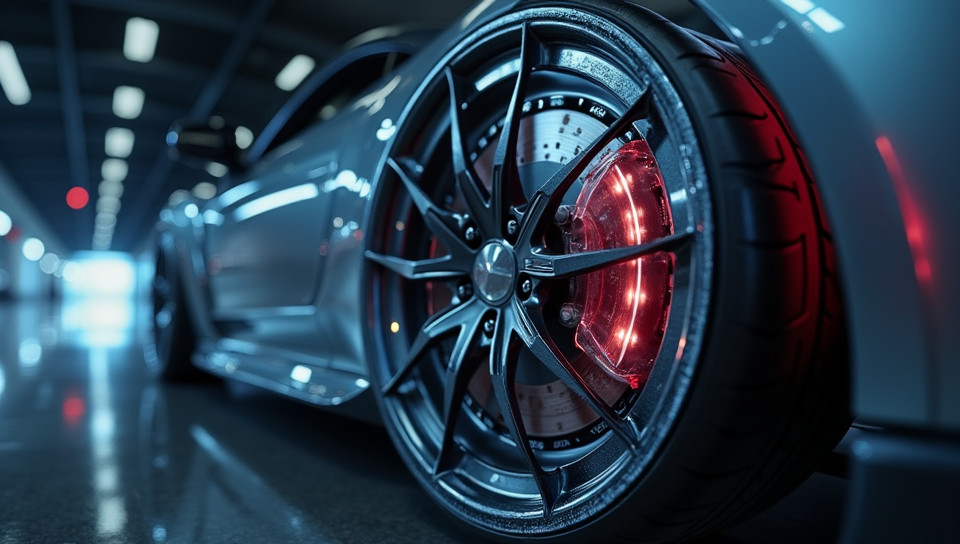Fewer brake pads needed due to regenerative braking technology 93%

The Future of Braking: How Regenerative Technology is Revolutionizing Road Safety
As we hurtle towards a world where electric and hybrid vehicles dominate the roads, it's becoming increasingly clear that traditional braking systems are no longer the norm. With the advent of regenerative braking technology, the humble brake pad is facing an uncertain future. In this article, we'll delve into the world of regenerative braking and explore how it's set to reduce our reliance on brake pads.
What is Regenerative Braking?
Regenerative braking uses advanced electronics to capture some of the kinetic energy that would otherwise be lost when a vehicle brakes or slows down. This energy is then fed back into the battery, where it can be used to power the vehicle's electric motors and reduce wear on other components. By harnessing this energy, regenerative braking systems are able to significantly extend the lifespan of brake pads.
The Benefits of Regenerative Braking
Regenerative braking technology offers a range of benefits that make it an attractive solution for modern vehicles. Some of these benefits include:
- Reduced brake pad wear
- Increased efficiency and reduced fuel consumption
- Improved vehicle performance and responsiveness
- Enhanced safety features, such as automatic emergency braking
The Impact on Brake Pad Manufacturing
As regenerative braking technology becomes more widespread, the demand for traditional brake pads is likely to decline. This could have a significant impact on brake pad manufacturing, with some companies potentially facing reduced production volumes or even closure.
Conclusion
Regenerative braking technology is revolutionizing the way we think about road safety and efficiency. By harnessing kinetic energy and reducing our reliance on brake pads, these systems are set to make our roads safer and more sustainable for years to come. As the automotive industry continues to evolve, it's likely that we'll see even more innovative solutions emerge, further cementing the future of regenerative braking as a key component in modern vehicle design.
- Created by: Viraj Patel
- Created at: Aug. 14, 2024, 10:34 p.m.
- ID: 7151








